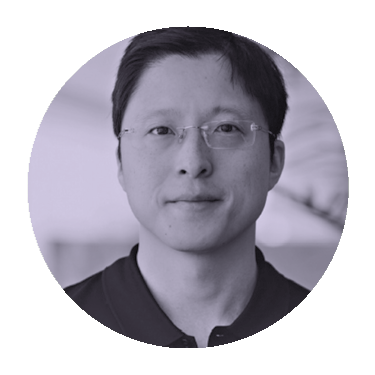While others reeled during the pandemic’s unsettling early days, Alexander Wong(BASc ’05, computer engineering, MASc ’07, electrical and computer engineering, PhD ’10, systems design engineering) rolled up his sleeves and got to work.

A systems design engineering professor and director of the Vision and Image Processing (VIP) Lab at Waterloo, Wong and colleagues launched an ambitious project to detect infections using chest x-rays and artificial intelligence (AI) software.
The open-source COVID-Net initiative, which also involves spin-off startup DarwinAI, has since yielded technology with the promising ability to both identify COVID infection and determine its severity, a key to formulating treatment plans.
Q. What motivated you to take on such a big problem?
A. We’re used to tackling complex, real-world problems at Waterloo, so for me it wasn’t daunting. I saw it as a great challenge, both from an academic perspective and in terms of potential impact.
Engineering is all about turning fundamental knowledge, science and technology into something tangible to help the global community. To be able to do that, even in a small way, is very gratifying.
Q. Aren't medical experts afraid you want to displace them?
A. It’s not about replacing clinicians, but giving them tools and information to make faster, more consistent decisions. There is perfect synergy between AI and medicine. A lot of clinicians I talk to welcome AI now because they have a new appreciation that it is going to help them deliver better care to more people.
Q. How do you see the technology progressing?
A. What really hits home from our COVID experience is the growing need for computer-aided clinical decision support in other areas of medicine, including oncology and infectious diseases like tuberculosis, especially with the hybrid health-care system – in-person and remote – that is emerging. We’re convinced this technology has tremendous potential beyond COVID.
This article is an exerpt from Innovation injection, the cover story of October 2021's WEAL (PDF).